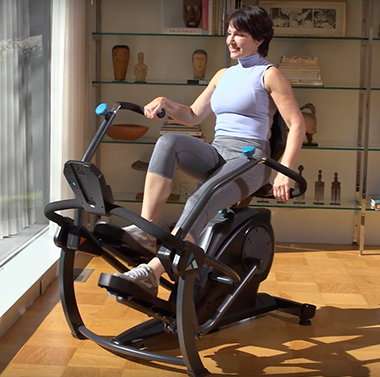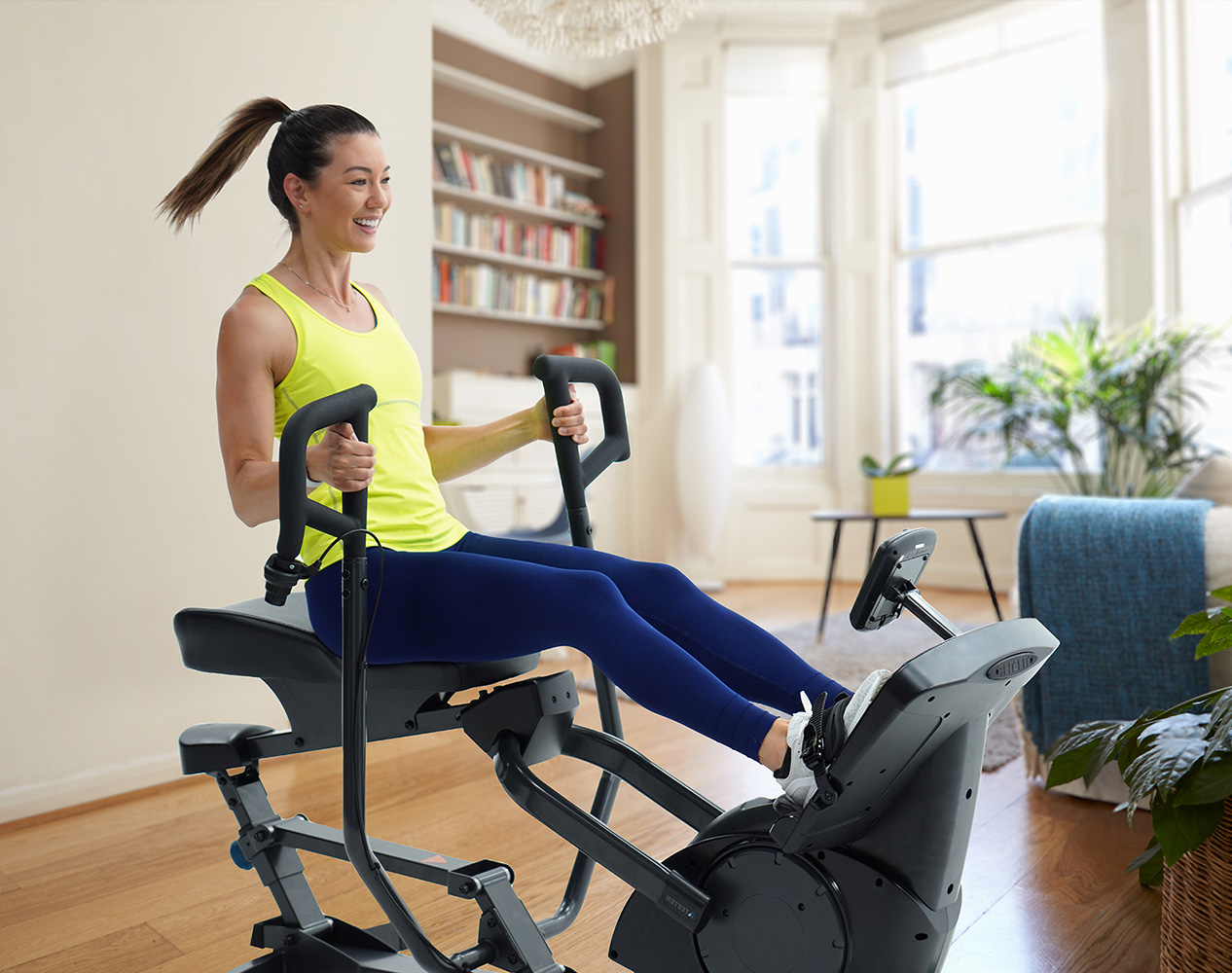A recent study from the American Academy of Neurology explored the connection between exercise and brain health. They found that daily movement may help prevent dementia and improve brain function as you age into your 70s and 80s.
The study had 454 participants age 70 and older, who all took part in yearly memory and thinking tests for 20 years. They also wore activity monitors to track how much they moved during the day. In an interview with NPR, Dr. Aron S. Buchman who lead the study stated that of the 191 participants who showed signs of Alzheimer’s at the beginning of the study, 30% showed normal brain health at the end.
There is still a lot we don’t know about cognitive decline and how to stop it. Keeping our brains healthy through physical activity is a great place to start.
According to Dr. Buchman, physical activity masks the symptoms of developing Alzheimer’s and this new research suggests you can have some control over your brain health even if you don’t have control over developing Alzheimer’s. Several other doctors who weren’t involved in the study were impressed by the findings.
“It’s almost as if the physical activity was helping the brain to bypass the physical damage,” says Dr. Tim Church, a preventive medicine specialist with Pennington Biomedical Research Center at Louisiana State University.
What is the best kind of daily movement for brain health?
The best kind of daily movement is always going to be the one you’ll actually do. Dr. Buchman stated that even activities such as chopping vegetables, typing on a computer, or cleaning the house can help to reduce your risk of cognitive decline. Whatever you choose to do to add movement to your day, it should be easy enough to stick with while motivating you to push towards progress.
Check out our post on 10 ways you can sneak a few minutes of daily exercise into your routine for some ideas to get you moving more throughout the day.
Teeter offers a range of feel good fitness equipment to suit every lifestyle and fitness level.

In a recent study, 97% of participants said the FreeStep delivers gentle, low-impact exercise for the knees and back. 93% said the FreeStep delivers less stress on the knees and back than other cardio options.
Exercise Now. Pay Later.
Now you can try the Teeter FreeStep in your own home FREE for 30-Days, 0% APR* with Affirm.

“I was excited to try this machine and it did not disappoint. Within one week of daily workouts I saw a major change in my physical condition. I can keep it at a low level or ramp it up to a major workout. I would recommend this machine for anyone who wants a complete low impact workout.”
Get Twice the Workout, Twice the Results
Crush your goals at home with the Power10 Elliptical Rower, featuring combined cardio and strength and smooth two-way resistance.
